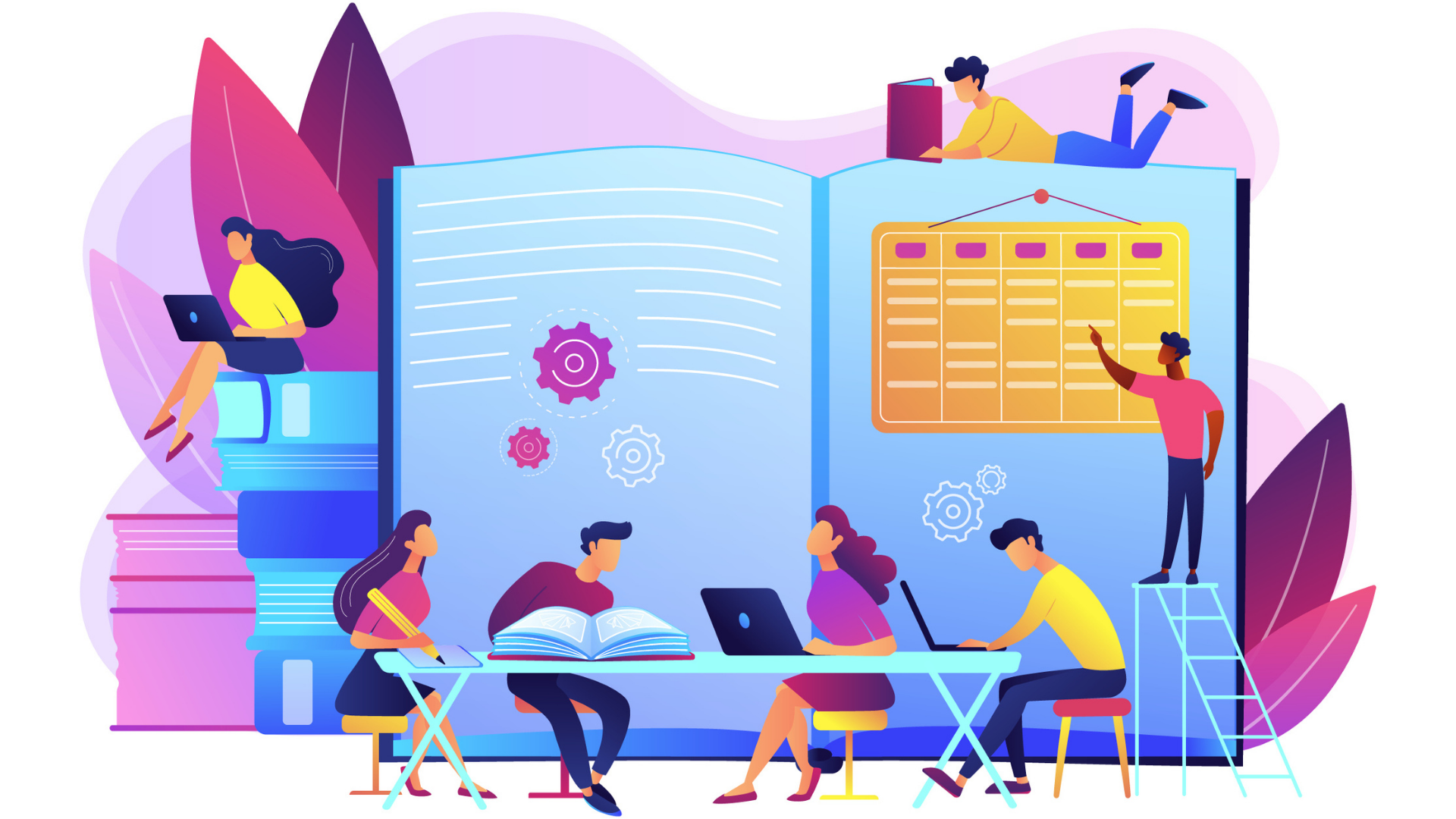10 useful tips for effective revision
Exams are looming in the not so far distance and you have probably already started revising for them but how can you make the most out of your time?

To help you out, we have provided a list of 10 useful tips for revising effectively over the next couple of months.
1. Flash cards are your friend
Flash cards can be a great way to dissect information better and can be used in multiple ways. You can simply use them to transform your otherwise text-heavy textbook into a bullet pointed list or you can put a question on one side and the answer on the other which your friends/family members can test you with.Don’t put too much information on the cards as this can make it difficult to take in and can make it overwhelming when revisiting it closer to the exam date.
2. Take regular breaks between revision to avoid burn-out
Often when revising, we tend to try and cram in as much information as possible, but research has shown that you learn better and take in more information by having plenty of breaks throughout the day.Create a revision timetable and slot in regular breaks to go outside and do the things you want to do – this will make it easier to take in more information.
3. Record videos of you explaining a concept and watch it back
Have you ever found that a YouTube video you watched once is more memorable than the notes you have been looking over for a week?
A great way to remember your notes it to create your own videos of you explaining a concept in a fun way. You don’t have to upload this anywhere but recording it and watching it back depending on how you learn can be a great way to retain information that will instantly pop into your mind during your exam!
4. Get a study group
Everyone learns differently and one person will know more about one topic than someone else. That is why creating a study group is a great idea as if you get stuck, you can ask the other people in your group if they can explain a topic in an easier way than the textbook.
Study groups also allow you to share revision tips and ideas and even notes to make studying towards your exam much easier.
5. Reward yourself when you accomplish something
Test yourself with revision cards/by having a friend or family member asking a question. If you get a question right, give yourself one of your favourite treats.
You can also do this after a set period of time has elapsed (e.g. every half an hour you have done of solid revision) if you would rather make the treat more special.
6. Write a song about your notes
If you are musically inclined why not write a song about what you are learning?
This is not only a great way to but is also a fun way to revise that doesn’t fully feel like revision.
7. Turn off all your devices when revising
When revising you want to put yourself in the best possible place to take in as much information as possible so making sure all personal devices such as phones, computers, tablets etc are turned off and out of reach will be important to ensure there’s no distractions.
There is plenty of time to watch Huge Bird on TikTok after your revision.
8. Your notes don't need to be a work of art
A big mistake that a lot of people make is trying to make their notes look as neat as a work of art, but it can often take a long time to get them to this state.
Don’t be afraid to make your notes organised but not the neatest in the world as you may find yourself wasting time that could be used more efficiently.
9. Stick your revision notes around your house
Take stickie notes, write on them and stick them everywhere!Setting up rules that before you enter a room, you must read the stickie note on the door can be a good way to learn concepts quickly. Just don’t cover your entire house to the point where you can no longer move without swimming in notes about how mitochondria is the powerhouse of cell.
10. Make sure your surroundings are tidy before starting
Before starting ANY revision, make sure you are in a tidy and clean environment. There is nothing worse than putting your phone and devices away, having really good notes prepared and being ready to learn but getting distracted by a messy work environment.A good way to put yourself in the best position to learn is to clean and make sure everything is tidy, so you are not only comfortable but have no distractions.














